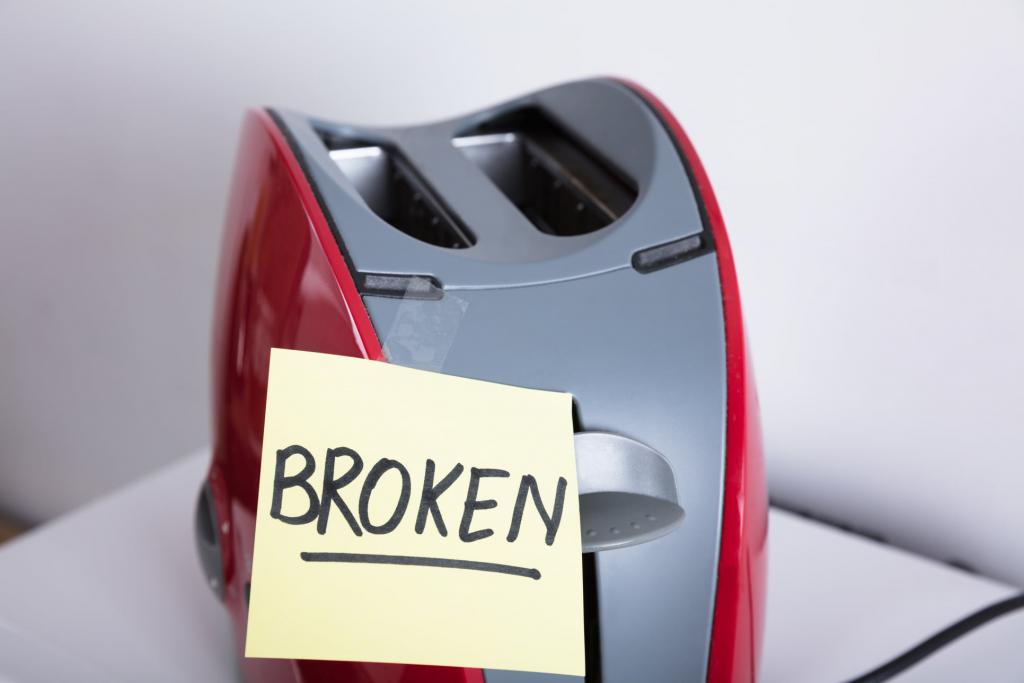Broken item? You can fix that!

By: Erica Alves
Repair is easier than you may think! With just a few basic tools and step-by-step instructions, you can fix almost any small appliance in your home. Repairing things such as vacuums, toasters, lamps, fans and coffee makers can be an exciting and challenging hobby too. When you see your broken item come back to life, the feeling you get is so rewarding that you’ll want to do it again and again.
What are some of the benefits of repair? Borrowing tools to repair or creating your own repair kit can be cheaper than buying a replacement item, which saves you money. By extending the life of your broken item by repair, you’re also helping the environment by eliminating the resources it takes to create a new one. So, before throwing away a broken item and buying new, consider fixing it yourself.
Here are some tips to get started on repairing:
Check your outlet
If your appliance or other electronic item stops working, there may be an issue with your outlet. Before giving up on it, always try other outlets around your home. The issue could be a bad connection or a tripped circuit breaker. You can also use a receptacle tester, a tool that instantly tells you if the problem is the wiring.
Search for guides online
A quick search can lead you to existing manuals, troubleshooting guides or how-to videos to help you identify the issue and fix it yourself. Try checking the Open Repair Alliance or resources from the library to get started. If you’re hoping to repair an older appliance, chances are it already has a manual. Type the model name and year into a search engine and see what you can find.
Acquire a few basic tools over time
Most basic repair requires a similar range of tools, such as screwdrivers, pliers, superglue, needle and thread, and/or Allen keys. Having these in your home, or knowing which neighbor owns them (and shares), can come in handy when something unexpectedly breaks.
Keep up with maintenance
Regular cleaning and maintenance is important for everyday things, as it prevents problems associated with dust, grease or rust build-up. Use an emory board to remove rust, old t-shirts or microfiber cloths to remove dust or grease, and an old toothbrush to remove build-up in tight spaces. (Safety first: when dealing with an item that plugs in, always unplug it before cleaning.)
Following these simple steps can help both the Earth and your wallet. To learn more about repair, check out our Fix-It At Home! online repair workshop series by watching our past workshops and signing up for the Circular Economy Program newsletter to be notified when more classes become available.

